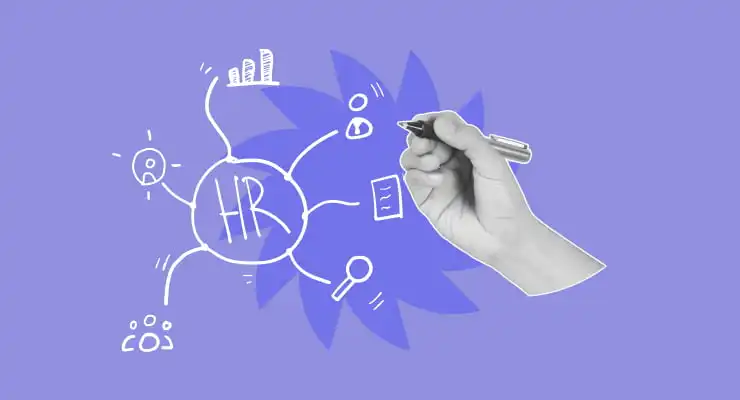What is an HR agency? What is the difference between an HR agency and a recruiting agency?
HR agency is one of the leading players in the market of recruiting services. It performs the role of an intermediary between the employing company and the seeker. It is important to understand the key differences between recruitment agencies or staffing agencies and placement agencies or staffing agencies. Recruiting agencies and HR agencies are one and the same.
Employment agencies, or as they are often called, recruitment agencies, help candidates find work. They provide a service to the applicant, and it is he who pays for it: in advance or withholding from salary. The cost of employment agency services is usually 25-50% of the employee’s salary. Entry-level and middle-level specialists most often request the services of recruitment agencies. Top specialists with high qualifications and extensive work experience will definitely be welcome in the recruiting agency. More and more hybrid recruitment agencies on the market provide services to both employers and applicants.
The recruiting agency is engaged in the search and hiring of personnel in the interests and at the request of the employer company. At the same time, the service is paid for by the company, and employment will be free of charge for the applicant. Recruiting agencies, depending on the specifics of work and specialization, can select candidates with different levels of competence:
- Top management
- Middle managers
- Rare specialists
- Qualified specialists
- Workers and domestic staff
For example, the recruiting agency HedgeHog is engaged in the selection of specialists at the middle and senior levels. The cost of services of recruiting agencies depends on the specialist’s salary and is, on average, 12-18% of his annual salary. Some agencies also specialize in recruiting for specific industries or specific positions. For example, some HR agencies are engaged in forming sales departments and hiring relevant specialists.
In addition to recruitment and hiring, HR agencies provide important related services for businesses. Among the most popular:
- Coaching and training of personnel
- Work with motivation
- Building teams
- Personnel leasing
- Outsourcing of personnel
- Staff outstaffing
- HR consulting
- Building a personnel management system
- Salary analysis and market research
- Recruiting agencies for applicants
Recruiting agencies make serious demands on applicants. Before the candidate gets the job, he will need to go through several stages of selection. Candidates often complain that recruiting agencies do not communicate the reasons for rejection if the candidate does not pass one of the stages or, for some other reason, does not suit the client company. You can send a resume to recruiting agencies for a specific vacancy and to the database. Usually, when opening a new vacancy, the first thing to do is search for suitable candidates from the internal database.
It is also worth noting that large, serious recruiting agencies are also careful about cooperation with employers: HR agencies select only reliable, proven contractors for cooperation.
Is it worth cooperating with an HR agency? Employers – the main clients of HR agencies – highlight many advantages of working with them:
- Saving time on the search for an employee
- Minimizing the risks of low-quality hiring
- Guaranteeing an employee
In turn, candidates note the reliability of the companies in which recruiting agencies offer them work and support during the trial period.

